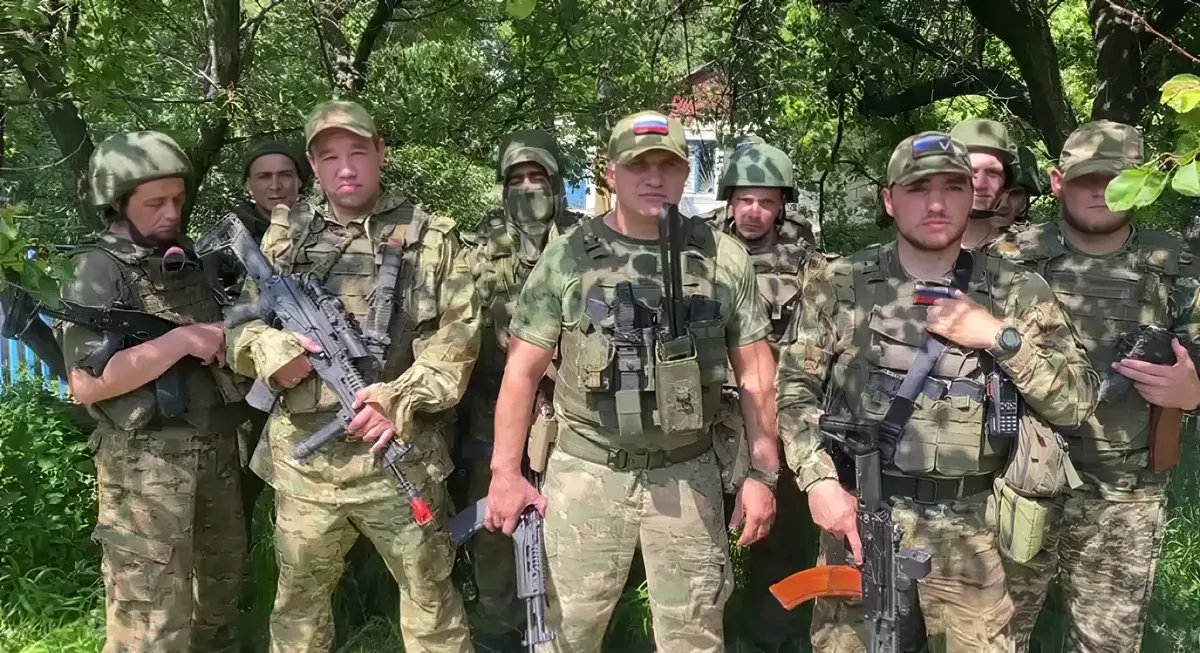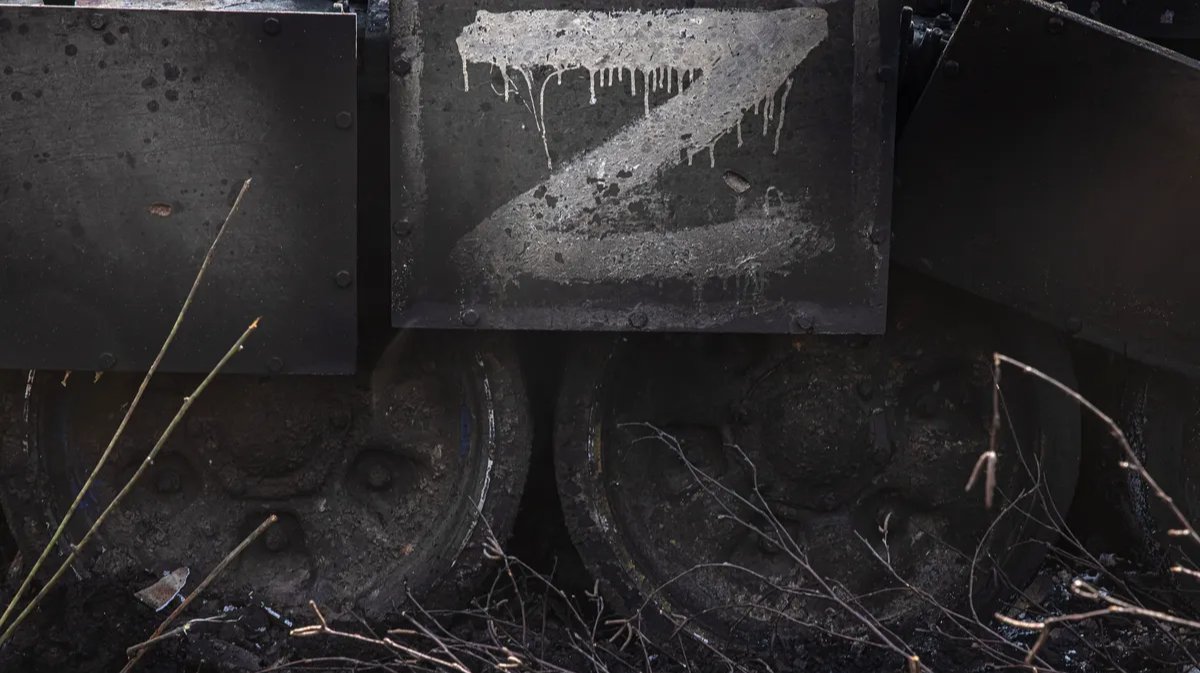Military battalions composed mainly of civilian prisoners have come to light in Ukraine as the Russian army offers exoneration for criminality in exchange for an unbroken supply for conscripts. For many accused of serious crimes, substituting military service for a criminal trial (and likely incarceration) is an appealing option — especially since they might get sent to the frontline from a penal colony anyway. How did Russia’s penal battalions emerge, and how are they operating now?
Last week, Reuters published an investigation of the Russian army’s so-called Storm-Z squads, military battalions made up of criminals from penal colonies as well as of regular soldiers found guilty of insubordination or substance abuse.
Reuters interviewed five Storm-Z fighters to better understand how the squads are assembled and deployed. According to the report, the penal battalions, each comprising 100 to 150 soldiers, are embedded within regular army units and then usually sent to the most exposed parts of the frontline.
As a rule, the squads usually suffer heavy losses, the report showed;
one penal battalion member reported that of the 120 men in his unit, only 15 survived the June fighting in Bakhmut uninjured.
Although most of those in penal squads are civilian former prisoners, regular army servicemen can also be transferred to them as punishment for disciplinary infractions. Two soldiers interviewed by Reuters said members of their units had been sent to a Storm-Z squad for drinking or using drugs while on duty, as well as for refusing to obey orders.

Fighters of the Storm-Z battalion. Photo: screenshot from a video
Cosplaying Stalin
Rumours of the existence of convict battalions have circulated since last year, according to BBC Russian special correspondent Ilya Barabanov. “The military is reverting to Stalinist practices,” Barabanov said. “Today’s Russian generals are cosplaying Stalin, [who also used] penal battalions.”
Barabanov said that the contracts for convicts joining Storm-Z squads were at least 12 months long. As the units were formed less than a year ago, none of the prisoners who agreed to join up has yet reached the end of his contract. But Barabanov predicts that even when they do, convicts-turned-soldiers won’t be allowed to go home by the Russian Defence Ministry afterwards.
“Initially, Storm-Z squads accepted only certain kinds of convicts,” says the founder of the Volya military analytics Telegram channel, who spoke to Novaya-Europe on condition of anonymity.
The squads were for “criminals who had once served as law enforcement officers, like former prosecutors and FSB employees”.
But that pool ultimately proved too small to guarantee the units a consistent supply of people, and soon criminals were being recruited indiscriminately as well. Last winter, the squads took on a secondary function as somewhere to send regular soldiers for punishment.
According to the Volya founder, the squads suffered their most severe losses in the Luhansk and Donetsk regions, where, under the command of former Wagner Group fighters, Storm-Z troops have reportedly been caught in large numbers and are now being held as prisoners of war.
Storm-Z troops are given almost no artillery cover during advances, the Volya founder says. Instead, they are sent in first to identify enemy firing positions, and only once the penal battalions have moved do the regular army units follow.
A quarter of all penal unit recruits are killed within their first three raids, while half are killed or injured in the first two weeks, according to the Volya founder. On average, accused criminals are expected to serve between three and six months on the frontlines to “atone” for their wrongdoings.
Support independent journalism
Blood atonement
Nevertheless, the penal units continue to hold some appeal. Speaking anonymously, one Russian officer in the Donbas told Novaya Gazeta Europe that soldiers being punished and prisoners awaiting verdicts alike faced a stark choice: “wait for an official conviction, get sent to a penal colony, and, most likely, return to the frontlines from there.” Or go directly to join a Storm-Z squad, and come away without a criminal record or even a note in your file.
Serving in Storm-Z isn’t even the worst punishment a misbehaving soldier can face, the officer was keen to stress. Some infractions are punished by assigning suicidal tasks, such as when soldiers are required to dig trenches on the frontline unarmed. That practice is most common in the south, the officer said. In these cases, he said, as with serving in the Storm-Z troops, the only way to “atone” is with blood.
Join us in rebuilding Novaya Gazeta Europe
The Russian government has banned independent media. We were forced to leave our country in order to keep doing our job, telling our readers about what is going on Russia, Ukraine and Europe.
We will continue fighting against warfare and dictatorship. We believe that freedom of speech is the most efficient antidote against tyranny. Support us financially to help us fight for peace and freedom.
By clicking the Support button, you agree to the processing of your personal data.
To cancel a regular donation, please write to [email protected]

